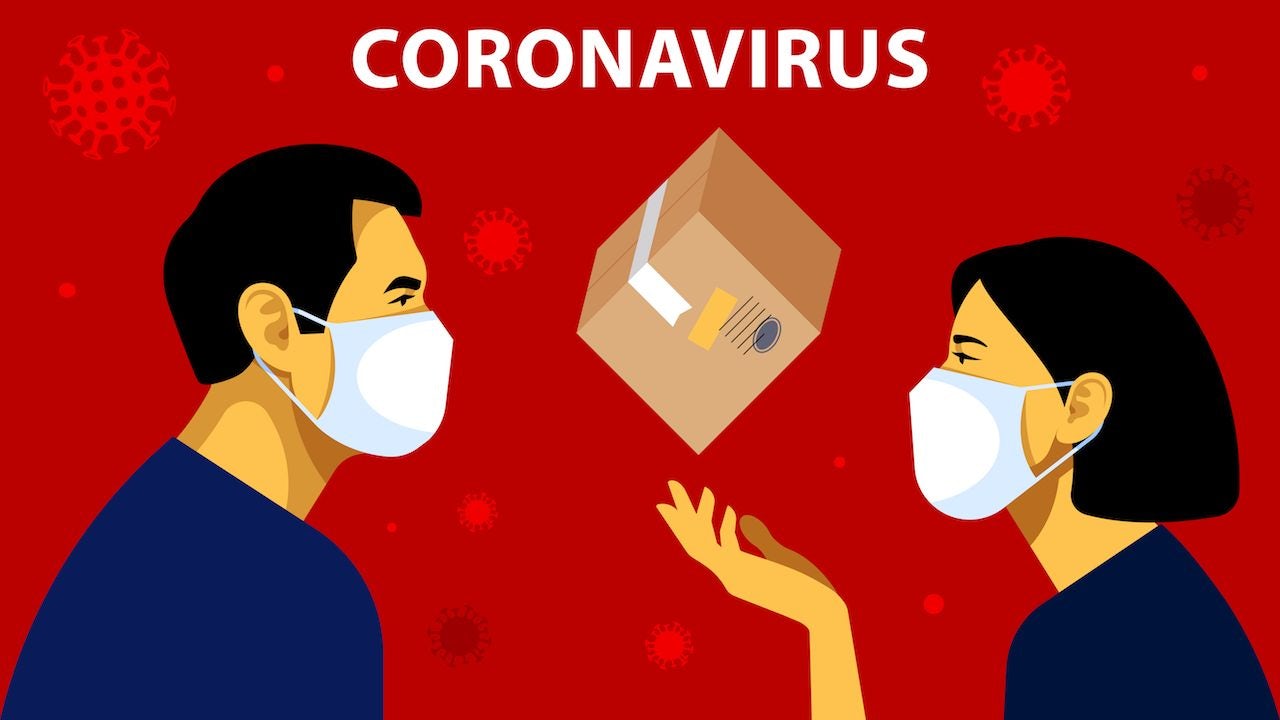The New York Times reports that Democratic and Republican legislators have just drafted the Shop Safe Act, a bipartisan bill that targets e-commerce websites benefitting from counterfeit product sales.
“The Shop Safe Act would make families safer by requiring online sellers to help prevent the sale of counterfeit products to consumers,” said Rep. Doug Collins (R-Ga.). In a press release, Collins offers a recent study by the Government Accountability Office (GAO), which found that “20 of 47 items purchased from third-party sellers on popular consumer websites were counterfeit.”
The press release also states that the “bill incentivizes platforms to engage in a set of best practices to curb the presence of counterfeits on their sites.” But instead of decelerating the rise of fake product sales, the bill feels like more of a follow-up effort to curb the interests of e-commerce giants like Amazon and Alibaba. It’s worth mentioning that President Trump has routinely gone after Amazon CEO Jeff Bezos for political reasons, and the trade war with China has forced Jack Ma to relinquish his plan to create 1 million US jobs. "This commitment is based on friendly China-U.S. cooperation and the rational and objective premise of bilateral trade," Ma said. "The current situation has already destroyed the original premise. There is no way to deliver the promise.”
Given the current administration’s “America First” rhetoric, it’s foreseeable that the bill will take a flexible — and increasingly protective — stance in favor of US companies while simultaneously targeting foreign multinationals. This policy, however, could backfire and potentially worsen the current situation for American retailers. And since U.S. e-commerce websites are already falling behind Chinese players, the Shop Safe Act should only further doom American online retailers.
Make no mistake: Protection of intellectual property is more important than ever. And most governments have envisioned systems and tools that allow them to proactively detect fraud and remove fake products. However, there’s a correct way to deal with the problem, and making the online retailers liable isn’t the solution.
Let’s see why US online retailers could be hit hardest by this bill:
Alibaba already has ‘best practices’ in place#
According to the Harvard Business Review, Greater China produces 86 percent of the world’s counterfeit products. Additionally, they highlight how fakes accounted for 12.5 percent of China’s exports in 2016.
Given the size of the market, putting an end to such a highly lucrative industry is understandably a complicated and messy affair. Nevertheless, Alibaba’s anti-counterfeiting efforts are starting to pay off. The measures taken to actively combat fakes and pirated goods include but are not limited to: expanding the Good Faith notice and takedown program of 2018, web-monitoring services, and offline investigations. Also, Alibaba uses the “most sophisticated and comprehensive proactive detection technology to date,” according to the company’s latest Intellectual Property Rights Protection Annual Report.
Because of these policies, “96 percent of the removal requests submitted through Alibaba’s Intellectual Property Protection Platform (IPP Platform) during business days were processed within 24 hours,” as stated in Alibaba’s 2018 Intellectual Property Rights Protection Annual Report. Furthermore, Alibaba’s Anti-Counterfeiting Alliance (AACA) seized 536.2 million in fake goods in 2018, and the alliance has expanded from its 30 founding members to 121 brands.
The same 2018 Annual Report also highlights how the number of suspected counterfeit listings removed in 2018 after consumer responses dropped 70 percent from 2017. Alibaba also helped support law enforcement efforts in 31 provinces, regions, and cities that year. Throughout 2018, the Chinese retailer reported 1,634 IP-related leads to police, which led to investigations of 1,953 criminal suspects and 1,542 counterfeit facility shutdowns. According to the company’s estimations, these cases involved goods worth over 7.9 billion RMB.
Alibaba is truly committed to fighting counterfeits, and its efforts have gone well beyond the set of practices established by the new Shop Safe Act. Consequently, the bill will have a limited impact on Alibaba’s operations. Instead, it will punish its American rivals. This, as mentioned, could affect the ability of American online retailers to keep up with their Chinese counterparts and should give Alibaba yet another global competitive advantage.
The bill will devour American e-commerce websites’ financial resources#
Under the Shop Safe Act of 2020, companies like Alibaba, JD.com, Walmart, eBay, and Amazon would vet every single product sold on their platform, or else they can be found contributory liable and complicit in promoting the sales of fakes. This practice can only increase costs and reduce profit margins.
Amazon, for instance, has nearly 600 million SKUs listed on its site, according to Digital Commerce 360 estimates. Vetting millions of sellers and goods is undoubtedly a time consuming and costly exercise.
“Is Amazon going to vet every unit of every seller’s product before it is sold? No, it’s simply impossible with 600 million products, 5 million sellers and billions of units sold each month,” said James Thomson, a partner at the consultancy Buy Box Experts, to Digital Commerce 360.
Thomson is right. This process is flawed, and it could destroy Amazon’s profitability. But White House trade advisor Peter Navarro sees things differently. Based on his comments, these efforts were designed to “shift the burden” of fakes from the government to e-commerce platforms. So rather than taking a pragmatic approach by increasing transparency and facilitating transactions, the government is changing the business environment and complicating the sales process.
Let there be no mistake: Governments need to improve oversight and prevent the growth of counterfeit products. But the Shop Safe Act doesn’t provide any assurances to consumers and third-party sellers. Instead, it discourages organic business growth for American online retailers. Numerous other measures are more appropriate than this bill.
The American government could simply join forces with the private sector by subsidizing blockchain implementation, giving tax breaks to companies that invest in anti-counterfeit technology, and improving IP protections.

